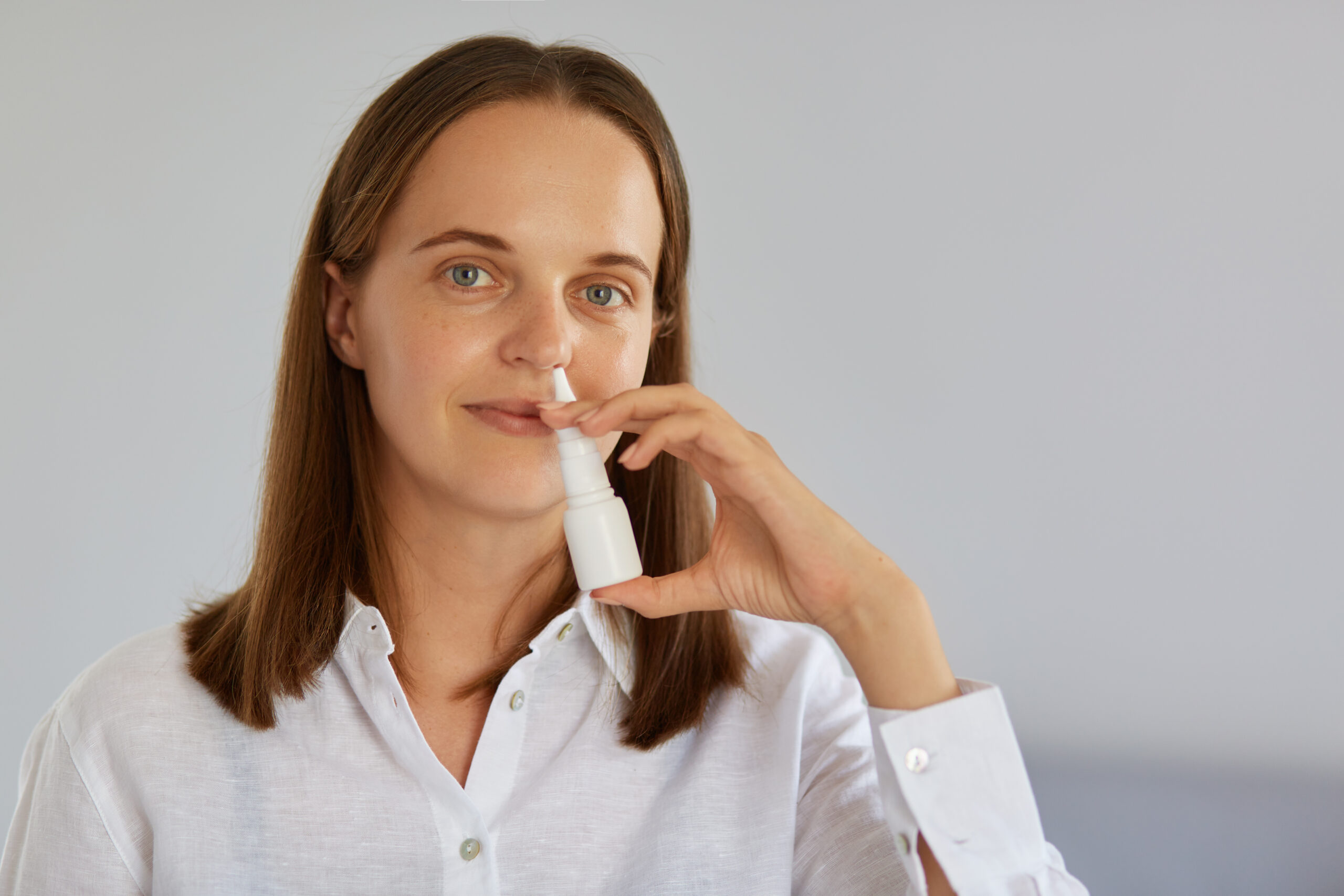All of you must have either heard or read about allergies at some point in life, and many of you must have been allergic in some form or the other. Allergy can be to the nose, ear, throat, eyes, skin, and even chest, which is called asthma.
So first, let us understand why does one develop an allergy after all?
With air or with food, many such things or substances enter our body, which our body’s immune system considers harmful to our health. These things could be pollens floating in the air, pet hair, dust or smoke, or a chemical (the most common example of a chemical is perfume or deodorant).
All these substances which have the ability to cause allergy in the body are called ALLERGENS in medical language. And when these allergens enter the body, the body’s immune system makes antibodies to fight them, which are named IgE antibodies. When these IgE antibodies attack the allergens, a chemical called HISTAMINE is released into our body.
And due to the release of this histamine, the patient has allergies, the common symptoms of which are a runny nose, severe itching in the nose, nasal congestion, and frequent sneezing.
There are a total of 5 to 6 types of nasal sprays available in the market that ENT doctors prefer to give to their patients for nose allergies.
Just as a Paracetamol tablet comes under the name of many brands in the market, similarly the nasal sprays used to combat nose allergies also come under many names. That’s why in this blog, we will not tell you about the names of nasal sprays of any brand or company, but we will tell you about the medicine inside the nasal spray so that you can understand better what is the role of the medicine inside the nasal sprays in curing nose allergies, no matter with what name you get them in the market.
So the first nasal spray is –
1) AZELASTINE NASAL SPRAY
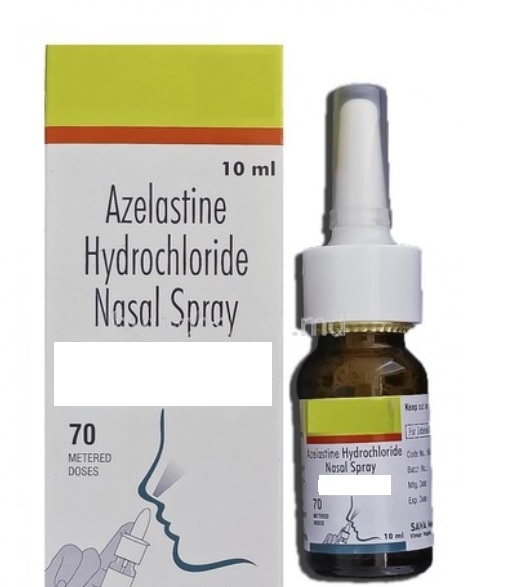
Azelastine is an ANTIHISTAMINE NASAL SPRAY. As we mentioned that due to the release of histamine in the body, there are symptoms of allergy in the patient. So this spray blocks Histamine, and the patient gets relief from allergic symptoms.
2) XYLOMETAZOLINE and OXYMETAZOLINE Nasal Sprays
Xylometazoline and oxymetazoline are decongestant nasal sprays.
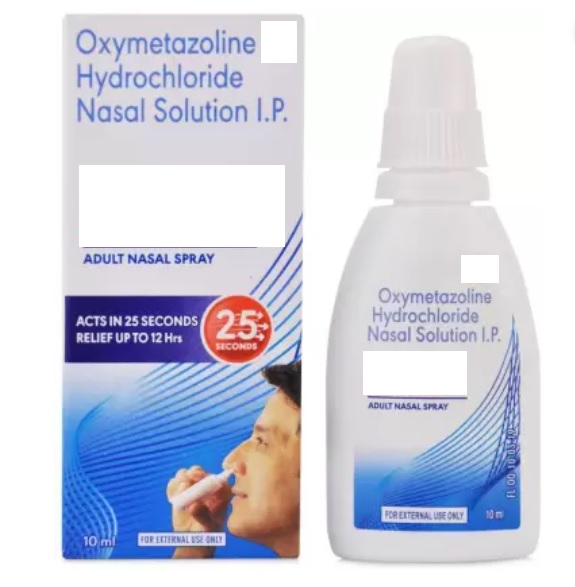
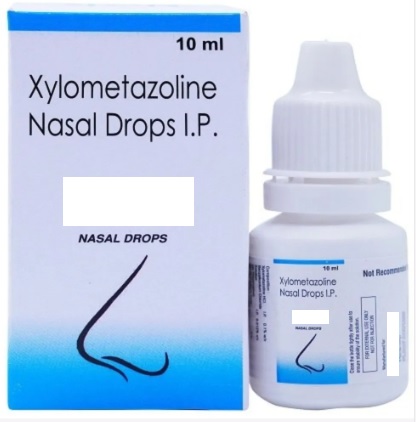
Due to allergy, there is congestion in the mucus lining of the nose. Congestion of the nose means swelling of the thin blood vessels inside the nose. Due to this, the patient experiences nose blockage.
Xylometazoline and oxymetazoline reduce this swelling and help open the patient’s nose instantly within a few minutes.
But these sprays should NEVER BE USED for more than 3 to 5 days.
There are 2 reasons for this —
First is that the patients get used to these sprays very quickly, and after a time, if they don’t use the nasal spray, they do not even feel that their nose is open; hence they start using it frequently, leading to the formation of a bad habit. Hence, it can also be called a HABIT-FORMING MEDICINE medicine.
There is another side effect of these medicines, which is called REBOUND CONGESTION.
Rebound congestion means that when the effect of the spray from the nose wears off, the patient feels even more nasal blockage than before using the spray and can not tolerate it without using the nasal spray. To relieve this nose blockage, the patient uses nasal sprays more and more frequently, and in this way, an addiction to these nasal sprays develops.
This addiction and the complications associated with it are called RHINITIS MEDICAMENTOSA in the medical language.
That’s why these sprays should be used for 3 to 5 days only…..and in my opinion, the fewer days you use these decongestant nasal sprays, the better.
3) STEROID NASAL SPRAYS
such as Fluticasone propionate, Fluticasone furoate, Mometasone, and Budesonide.
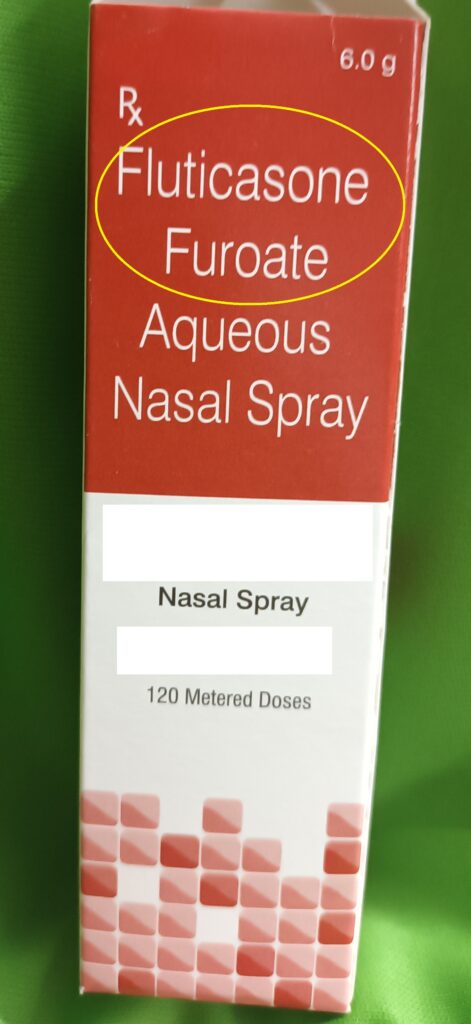
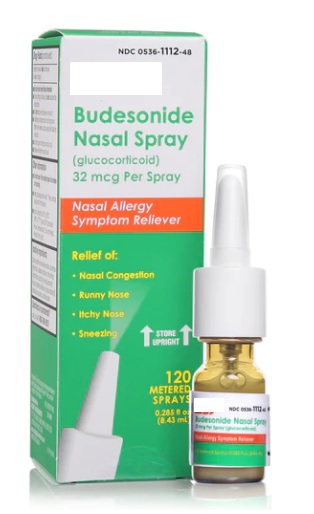
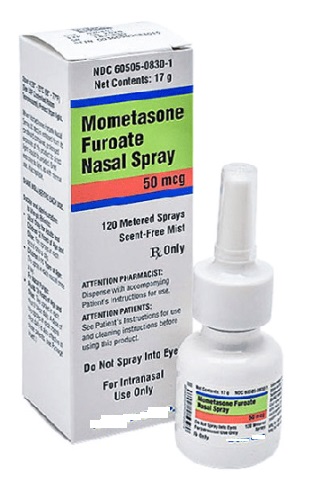
These nasal sprays are a class of nasal sprays that are considered to be the most successful and effective in allergies. That is why many ENT doctors prefer to give these steroid nasal sprays to their allergy patients.
They reduce both the inflammation and congestion in the nose, and the patient gets good relief.
A great advantage of these sprays is that they can be given for a long time and DO NOT have the side effects of nasal decongestant sprays like Oxymetazoline and Xylometazoline.
Nowadays, nasal sprays with a combination of Steroids and antihistamines of many good brands/companies are also available in the market. The most common Steroid + Antihistamine combination used is FLUTICASONE, and the antihistamine used is AZELASTINE.
This combination has the ability to have a DOUBLE ATTACK attack of nose allergy, and the patient gets a lot of relief.
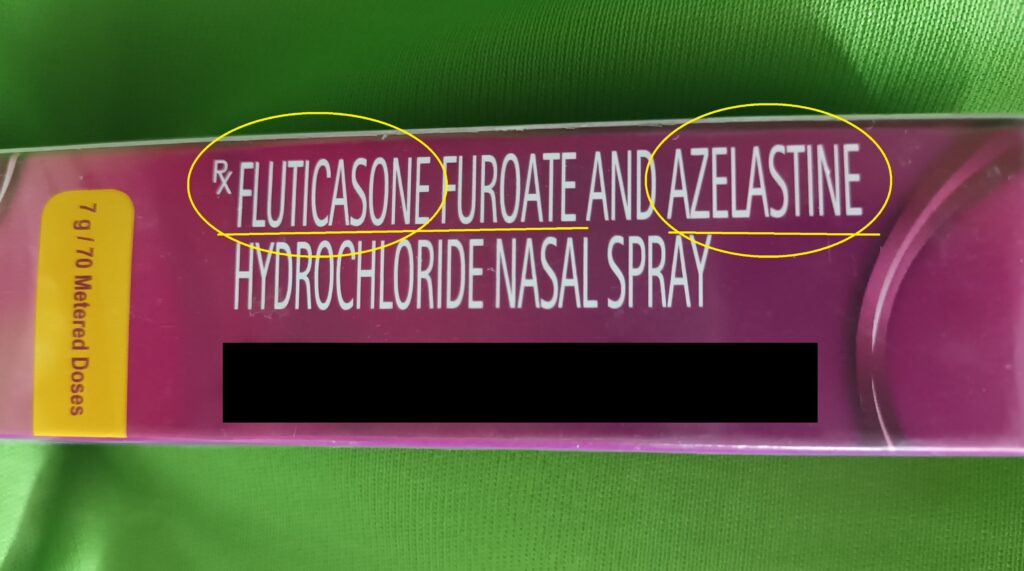
Double Attack means the Steroids can combat nose inflammation and congestion, whereas Antihistamines can combat the histamine release, so this combination nasal spray for allergy can also be called a COMPLETE NASAL SPRAY.
There is a belief among common people that every medicine related to steroids is bad and harmful, so let me tell you here that if you use these sprays under the advice and guidance of an ENT doctor, then these sprays are absolutely safe, even used for a long time.
4) SALINE NASAL SPRAYS
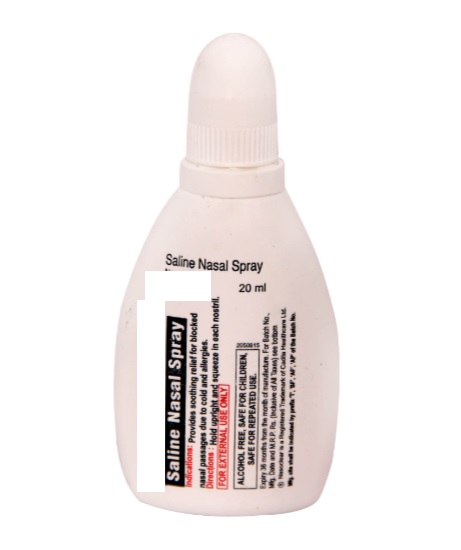
An important advantage of saline nasal sprays is that it keeps the nose moist from the inside.
By staying moist, the MUCOCILIARY ACTION of the nose remains good. Mucociliary action means the ability of the nose due to which the small dirt/particles/pollens that enter with the air in the nose are trapped and through the nose is cleared through the back of the throat.
Hence, with a good clearing of these ALLERGENS from the nose due to a good and adequately maintained mucociliary action, the chances of developing allergy lessen quite a bit.
Another great advantage of saline sprays is that by staying moist, the mucus membrane of the nose does not dry up, and the risk of bleeding from the nose is completely reduced.
THANK YOU
MEDICAL ADVICE DISCLAIMER:
This blog, including information, content, references, and opinions, is for informational purposes only.
The Author does not provide any medical advice on this platform.
Viewing, accessing, or reading this blog does not establish any doctor-patient relationship.
The information provided in this blog does not replace the services and opinions of a qualified medical professional who examines you and then prescribes medicines.
And if you have any questions of medical nature, please refer to your doctor or qualified medical personnel for evaluation and management at a clinic/hospital near you.
The content provided in this blog represents the Author’s own interpretation of research articles.
